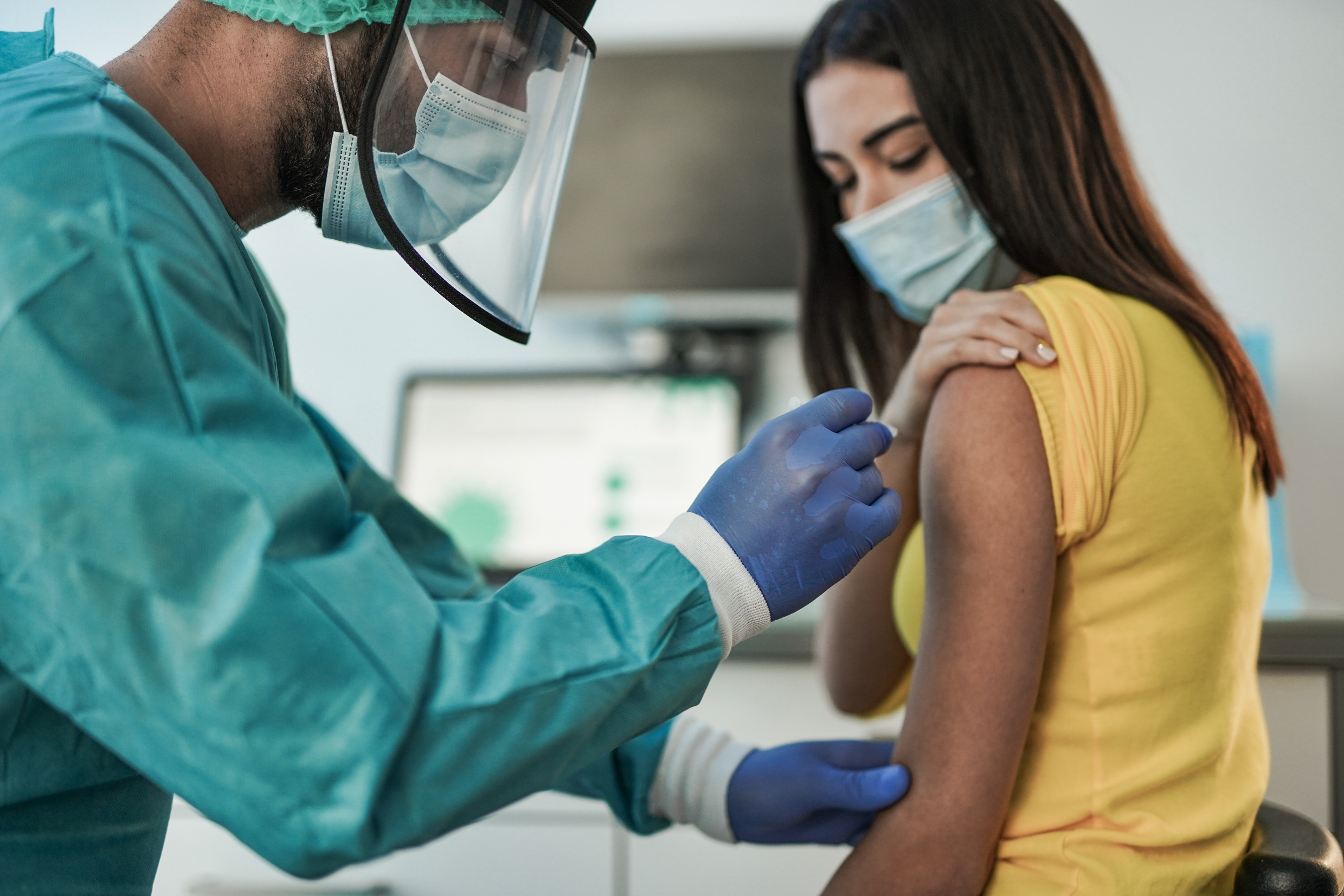
Mega Doctor News
CDC and its partners are actively monitoring reports of myocarditis and pericarditis after COVID-19 vaccination. Active monitoring includes reviewing data and medical records and evaluating the relationship to COVID-19 vaccination.
Myocarditis is inflammation of the heart muscle, and pericarditis is inflammation of the outer lining of the heart. In both cases, the body’s immune system causes inflammation in response to an infection or some other trigger. Learn more about myocarditis and pericarditis Seek medical care if you or your child have symptoms of these conditions within a week after COVID-19 vaccination.
What You Need to Know
- Cases of myocarditis reported to the Vaccine Adverse Event Reporting System (VAERS) have occurred:
- After mRNA COVID-19 vaccination (Pfizer-BioNTech or Moderna), especially in male adolescents and young adults,
- More often after the second dose
- Usually within several days after vaccination
- Most patients with myocarditis or pericarditis who received care responded well to medicine and rest and felt better quickly.
- Patients can usually return to their normal daily activities after their symptoms improve. Those who have been diagnosed with myocarditis should consult with their cardiologist (heart doctor) about return to exercise or sports. More information will be shared as it becomes available.
Both myocarditis and pericarditis have the following symptoms:
- Chest pain
- Shortness of breath
- Feelings of having a fast-beating, fluttering, or pounding heart
Seek medical care if you or your child have any of these symptoms, especially if it’s within a week after COVID-19 vaccination.
If you have any health problems after vaccination, report them to VAERS
Healthcare Providers: For additional recommendations and clinical guidance, visit Clinical Considerations: Myocarditis after mRNA COVID-19 Vaccines | CDC
Should I Still Get Myself or My Child Vaccinated?
Yes. CDC continues to recommend that everyone aged 12 years and older get vaccinated for COVID-19. The known risks of COVID-19 illness and its related, possibly severe complications, such as long-term health problems, hospitalization, and even death, far outweigh the potential risks of having a rare adverse reaction to vaccination, including the possible risk of myocarditis or pericarditis.
If you or your child has already gotten the first dose of the Pfizer-BioNTech or Moderna vaccine, it’s important to get the second dose unless a vaccination provider or your doctor tells you not to get it.
If you have concerns about COVID-19 vaccination, talk with your or your child’s doctor, nurse, or clinic.








